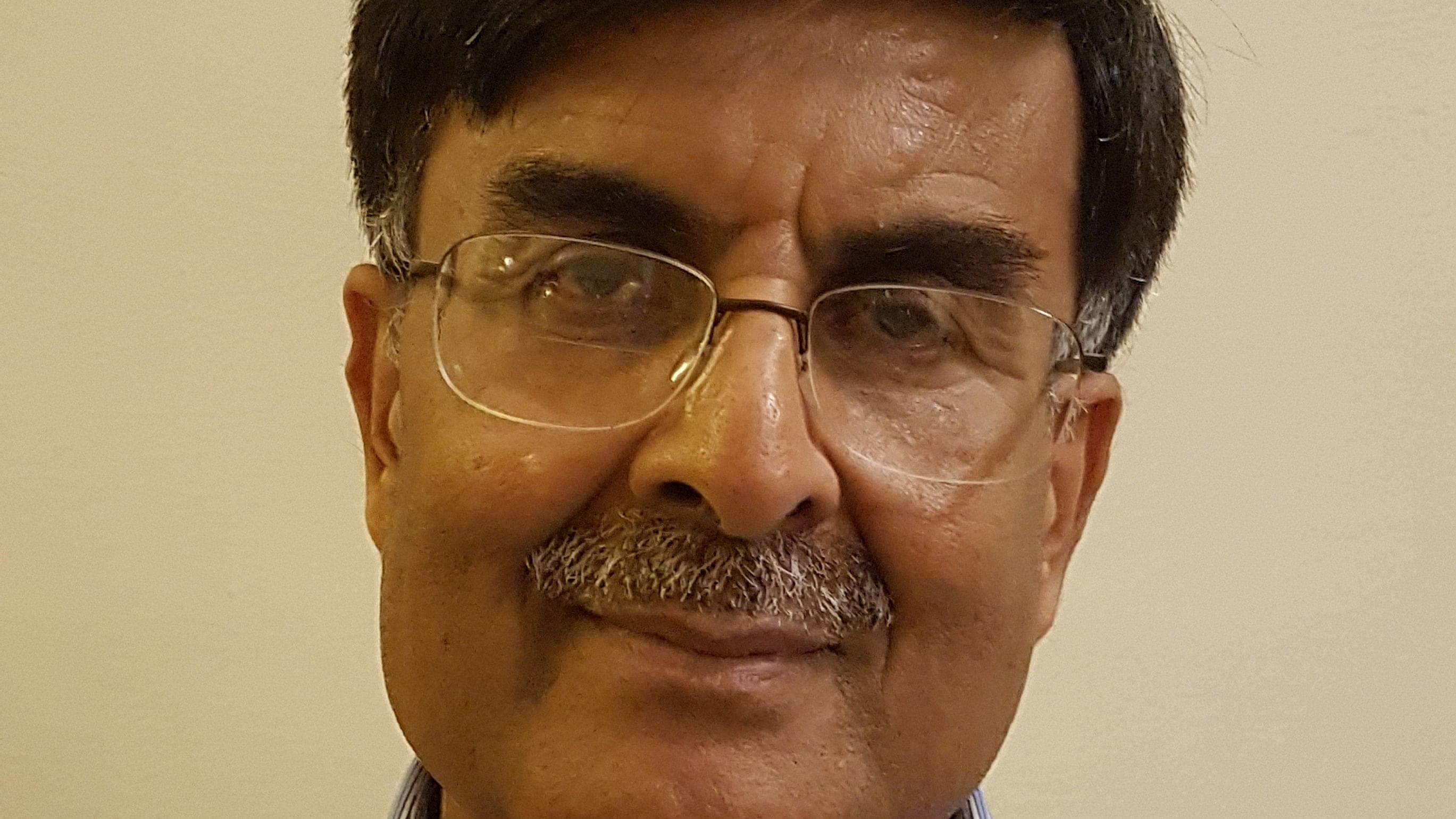
Sharat Sabharwal
The sheer scale and brutality of the Mumbai terror attack in November 2008 shocked the conscience of not only Indians but the entire international community. In spite of the overwhelming evidence linking Pakistan to the attack, it took their government six weeks to admit that the lone surviving terrorist, Ajmal Kasab, was a Pakistani.
When I commenced my tenure as High Commissioner to Pakistan in April 2009, getting their authorities to bring the Mumbai perpetrators to justice was on top of my agenda. Pakistan tried to raise a war scare to shift focus from its culpability to the need for the international community to prevent a military conflict between the nuclear-armed neighbours.
However, the restraint exercised by the Indian government in not resorting to military retaliation kept the focus firmly on Pakistan’s responsibility to punish the Mumbai perpetrators. Under tremendous international pressure, Pakistan handed over to us an elaborate dossier, running into over 30 pages, regarding the findings of its investigation. The most striking admission in it was that the Mumbai carnage was committed by Lashkar-e-Taiba (LeT) from Pakistani soil. It referred to seven accused in custody, including Zaki ur Rehman Lakhvi, the LeT’s ‘operations commander’.
In spite of the evidence against him provided by us, the accused did not include the LeT chief Hafiz Saeed. A senior military interlocutor told me separately that they had found no evidence against him. Saeed was clearly too precious for them to be sacrificed. Nonetheless, this was the first and the last time that Pakistan admitted that a terror attack in India was committed from its soil by a terror organisation based there – an indicator of the pressure that India had been able to build. However, it slowly petered out as global attention shifted to other pressing issues.
The seven accused under detention were formally charged by an Anti-Terror Court in November 2009 and a trial ensued. However, it moved at a glacial pace due to the hurdles created by defence lawyers, lack of cooperation from the Pakistan Army and frequent changes of the trial judge.
Following a sharp deterioration in the bilateral relationship, the Pakistani establishment virtually sabotaged the trial in 2016 by raising a new and unreasonable demand for the appearance of a large number of Indian witnesses in their court. It was unacceptable to India. The trial has remained stalled since then.
The Mumbai attack was a watershed moment in the India-Pakistan relationship. It decisively shifted the Indian public opinion against any rapprochement with Pakistan. In the ensuing years, it fed into the political and strategic discourse calling for a muscular policy against Pakistan to the exclusion of dialogue and diplomacy. The electoral slogan “terror and talks cannot go together” found considerable appeal among the justifiably angry Indian public.
This severely constricted the space available to Indian diplomacy to adopt a more nuanced approach towards Pakistan which, being a neighbour, cannot be wished away and has to be at the very least managed. The task of managing the difficult relationship has thus become far more complex.
(The writer is a former High Commissioner to Pakistan and author of the book ‘India’s Pakistan Conundrum Managing a Complex Relationship.’)